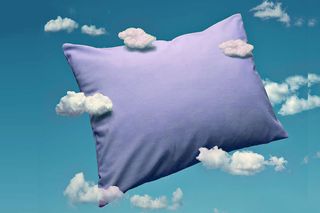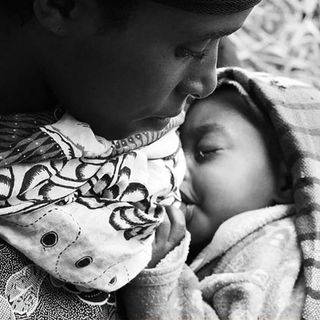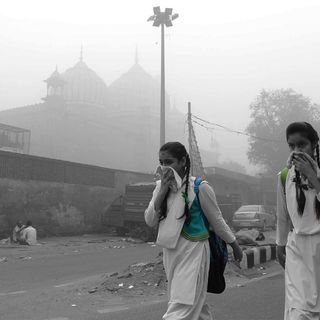
How Much Sleep Do You Really Need?
Your age and the quality of your sleep determine whether the 8-hour prescription applies.

Guess what? Whoever said everyone requires a minimum of eight hours of sleep to wake up feeling well-rested is wrong.The total amount of shuteye we really need depends on a host of individualized factors and varies throughout one’s life. All science can offer is an average range — for those between 18 and 64 years of age, seven to nine hours a night — that plenty of people might fall on the edges of.
The factors that determine how much sleep one should get on an average daily depends on an individual’s genetic makeup, environment and behavior, according to a research paper published by the National Centre of Biotechnology Information in the U.S. For instance, high-performance athletes need more sleep to perform their best and recover from their intense physical training. On the other hand, children’s and adolescents’ sleep needs are based on their developmental stage, not their chronological age.
“This means changes in sleep patterns may happen earlier (at a younger age) for some, or at an older age for others,” the paper states.
The total duration of sleep one requires each nightwill also depend on sleep efficiency or quality (the amount of time one spends in bed actually sleeping); sleep timing (bedtime and wake-up times); sleep architecture (stages of sleep); sleep consistency (day-to-day variability in sleep duration); and sleep consolidation (organization of sleep across the night).
Therefore, with the aim of deriving how much sleep people at different developmental stages actually need, a two-year-long global study conducted by scientists, sleep specialists and other experts from various medical organizations, working as a panel under the U.S.’s National Sleep Foundation (NSF), determined new and more exact ranges that roughly correlate development with age:
- Newborns (0-3 months): Sleep range narrowed to 14-17 hours each day (previously it was 12-18)
- Infants (4-11 months): Sleep range widened two hours to 12-15 hours (previously it was 14-15)
- Toddlers (1-2 years): Sleep range widened by one hour to 11-14 hours (previously it was 12-14)
- Preschoolers (3-5): Sleep range widened by one hour to 10-13 hours (previously it was 11-13)
- School-age children (6-13): Sleep range widened by one hour to 9-11 hours (previously it was 10-11)
- Teenagers (14-17): Sleep range widened by one hour to 8-10 hours (previously it was 8.5-9.5)
- Younger adults (18-25): Sleep range is 7-9 hours (new age category)
- Adults (26-64): Sleep range did not change and remains 7-9 hours
- Older adults (65+): Sleep range is 7-8 hours (new age category)
Related on The Swaddle:
All You Need to Know About Children’s Sleep Disturbances
“Though research cannot pinpoint an exact amount of sleep needed by people at different ages, our new chart, which features minimum and maximum ranges for health as well as ‘recommended’ windows, identifies the ‘rule-of-thumb’ amounts experts agree upon,” states the NSF’s website.
Not adhering to these recommended windows, either by oversleeping or undersleeping, can affect one’s health – increasing the risk of diabetes, obesity, impaired memory, heart attack, and levels of stress.
Therefore, sticking to a sweet spot as recommended, i.e. between seven and nine hours, will help adults under 65 to save energy, allow the cells to recover and to process and understand their environment, Daniel Gartenberg, a sleep scientist who is currently an assistant adjunct professor in biobehavioral health at Penn State University, U.S., said to Quartz.
Along with stressing the need to sleep within recommended levels, he also offers an alternative for the amount of sleep one should get. “8.5 hours of sleep is the new eight hours,” he told Quartz, explaining that people often lay in bed not sleeping and count that time to their total.“The standard in the literature is that healthy sleepers spend more than 90% of the time in bed asleep, so if you’re in bed for eight hours, a healthy sleeper might actually sleep for only about 7.2 hours,” he says.
Ultimately, while individual adult sleep needs do vary within the seven- to nine-hour range,Gartenberg stresses the need to stick within that spectrum, especially for those who say they can function on only a few hours of sleep. For them, he says, “When you’re sleep-deprived, research has shown that you’re really bad at being able to tell that you’re sleep-deprived.”
Anubhuti Matta is an associate editor with The Swaddle. When not at work, she's busy pursuing kathak, reading books on and by women in the Middle East or making dresses out of Indian prints.
Related


Deaths of Children Under Age 5 Due to Malnutrition Declined Only by 2% in 20 Years
